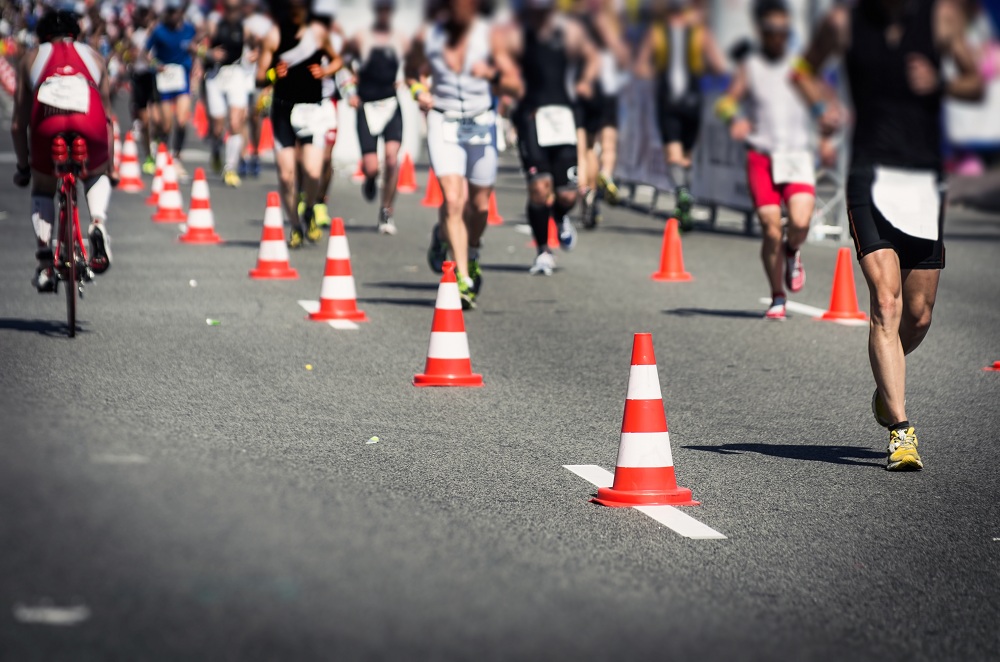Large events demand a lot of financial input and planning, so the last thing the event management want to agonise over is waste management. From small to large events, gatherings will always be organised, especially in large cities. Examples of such are conferences, sporting events, advertising events, and art fairs. Often, people gather to have some fun moments, but the aftermath is large amounts of waste.
Planning is the best way for event organisers to take care of the waste that has been generated. The best results are maximum recycling and minimal waste. This guide offers some tips to apply for successful waste management.
Type of Wastes to Expect in an Event
Often, waste in an event is categorised as organics, hazardous material, general garbage, and recyclables. Commercial waste recycling firms handle items such as cardboard, posters, glass, batteries, and plastic, which can be transformed into new products.
Event organisers are advised to set up the event for as much recycling as possible. When it comes to organics, it is about things like coffee grinds, lawn waste, and food scraps. Although there are not many organic waste collection points, find out whether your local government has set up one near your area. General garbage comprises of cigarette butts, tissue paper, broken utensils, and coffee cups, while hazardous material includes tyres and medical syringes.
Event Waste Management

Different types of waste call for different management methods, so you have to prepare all the necessary types of bins. Factors such as frequency of collection and persons tasked with each waste stream need to be identified. The personnel involved need to be prepared not only skills-wise, but also in terms of exposure protection. Storage and transfer of waste must be in the most secure manner, so having gloves, tongs, containers, overalls, and other measures to ensure flawless handling of waste is essential.
Waste Minimisation at the Event
There are many ways to control waste generation in an event. Here are a few examples:
- Minimise wholesale packaging by buying in bulk
- Consider using reusable utensils
- Design posters and pamphlets in such a way that they are reusable
- Reduce food waste by insisting on RSVPs
- Encourage attendees to refill water in their bottles (you need to provide drinking water taps for this)
Staff Management
For a waste management plan to work out, ensure that you have a motivated team. Apart from providing the necessary training, you need to provide the necessary support before, during, and after the event. Some of the duties that the team need to execute are:
- Educating event participants about the system being used
- Encouraging visitors to place waste in the right bins
- Monitoring and recycling the waste regularly
- Cleaning up after the event
In this regard, it might be necessary to have special outfits for the team, so they are easy to recognise. Help them understand how beneficial this exercise is for the entire community so that they can take pride in it.
There is so much to talk about waste management in events, as these gatherings come in all forms and sizes. The magnitude of waste may seem too huge for proper disposal and commercial waste recycling, but proper planning and focused execution is all you need.

